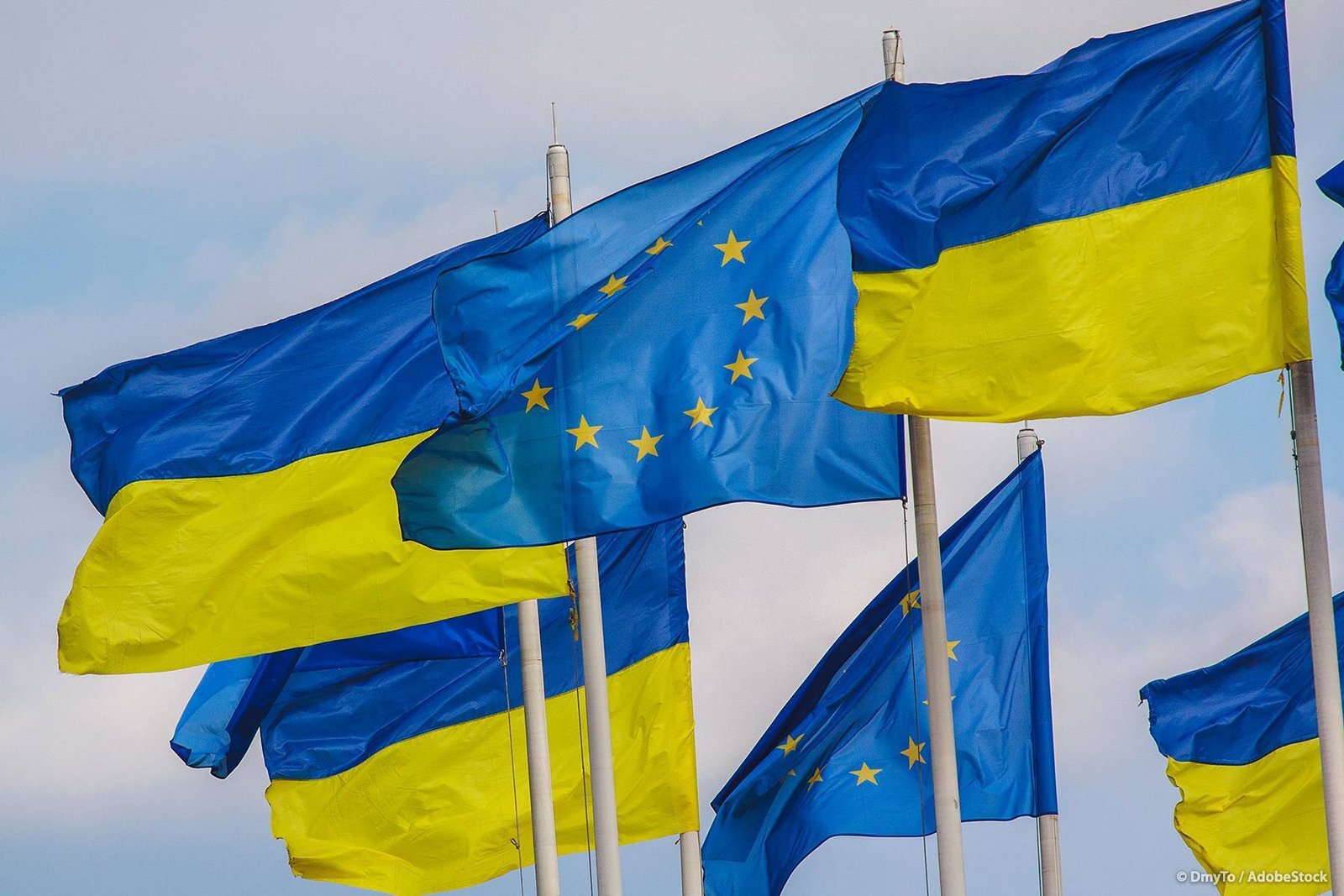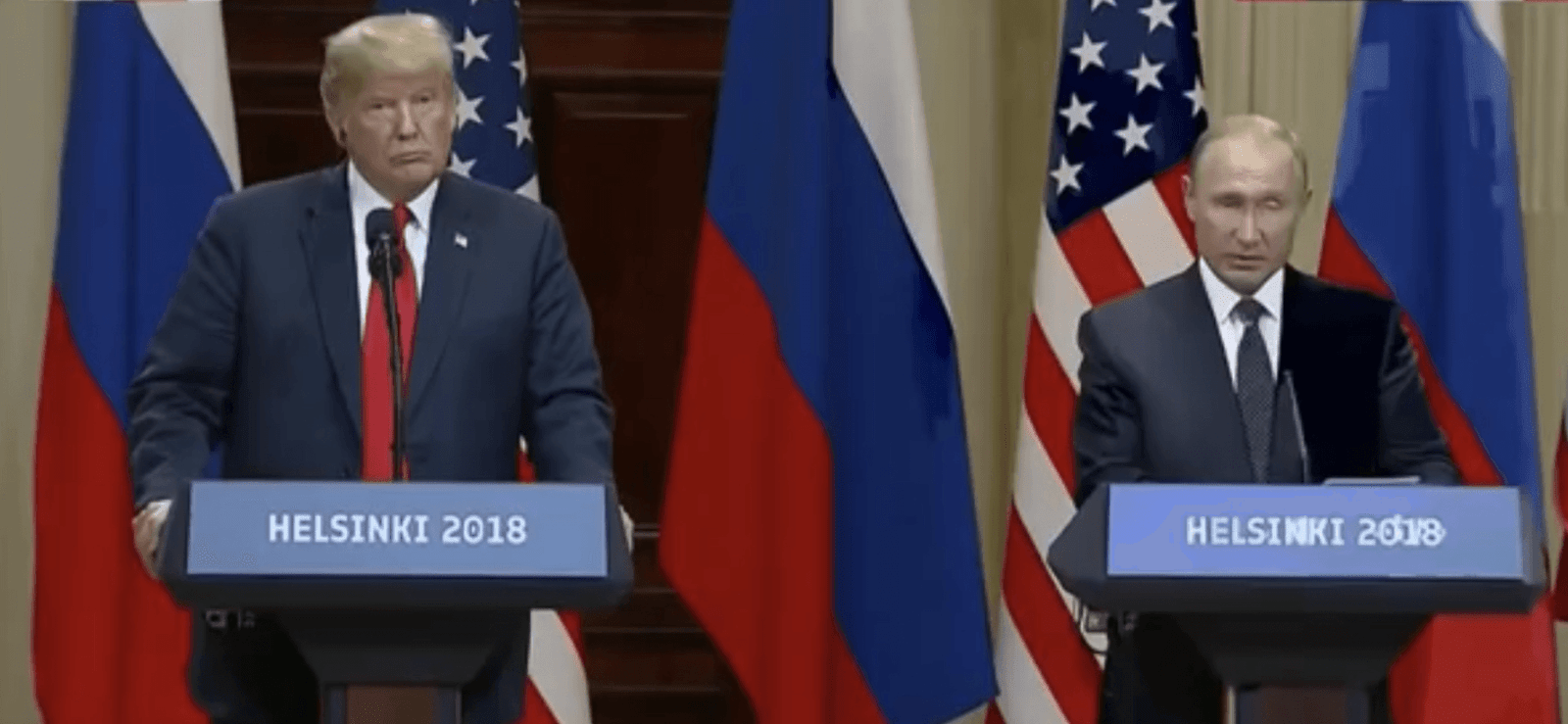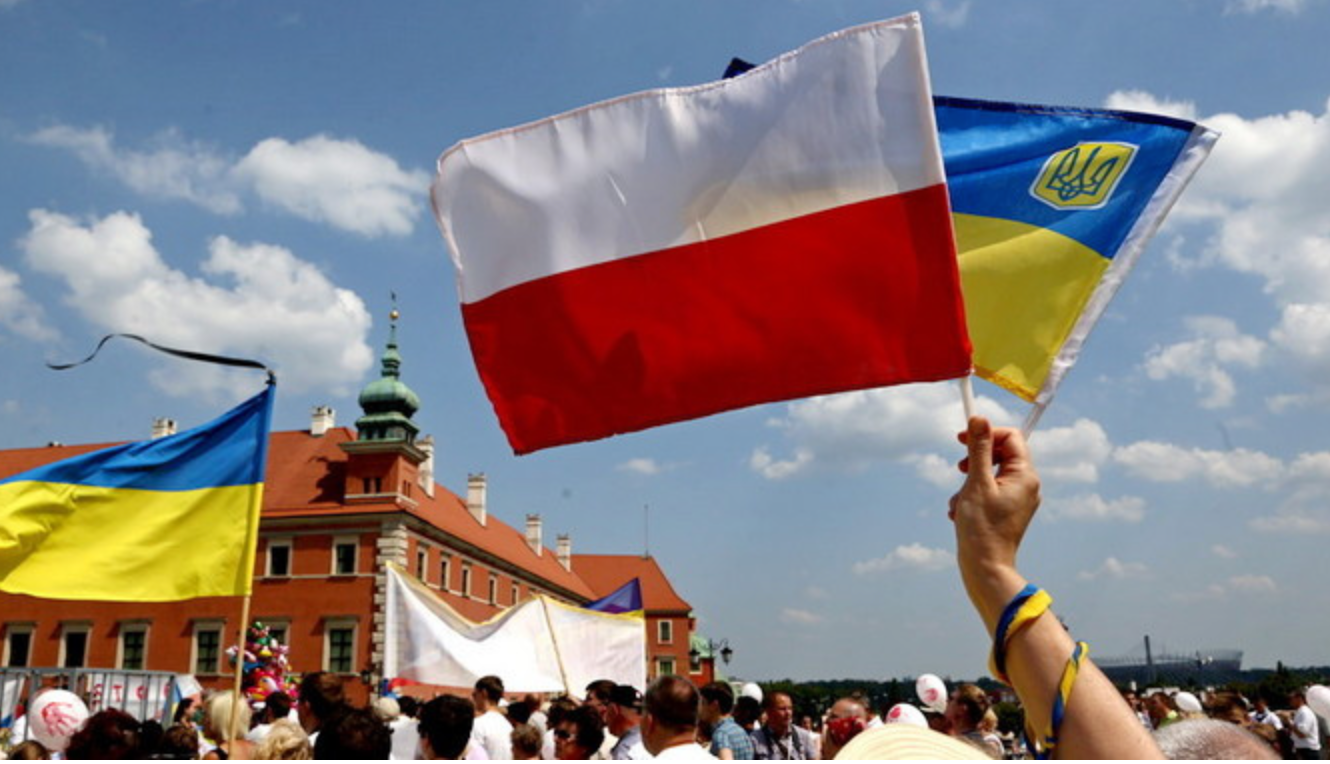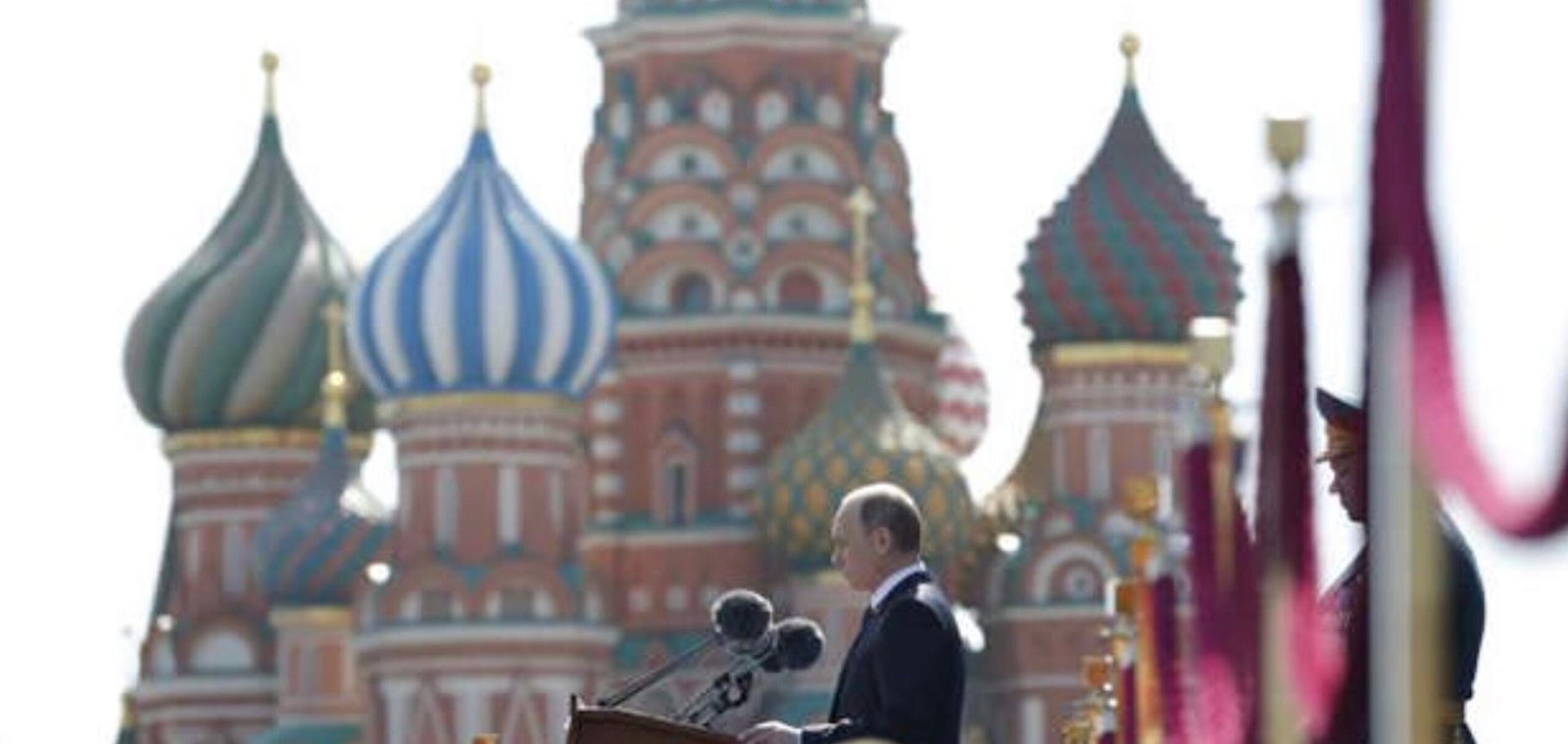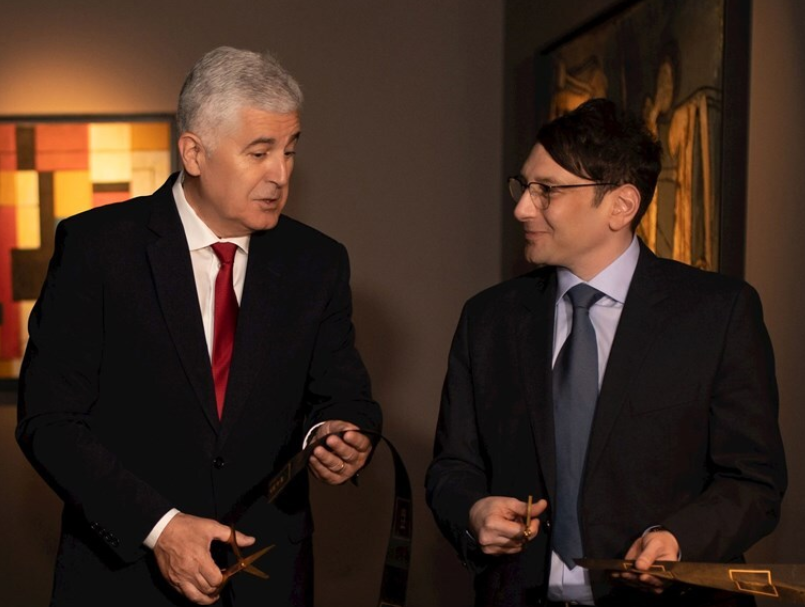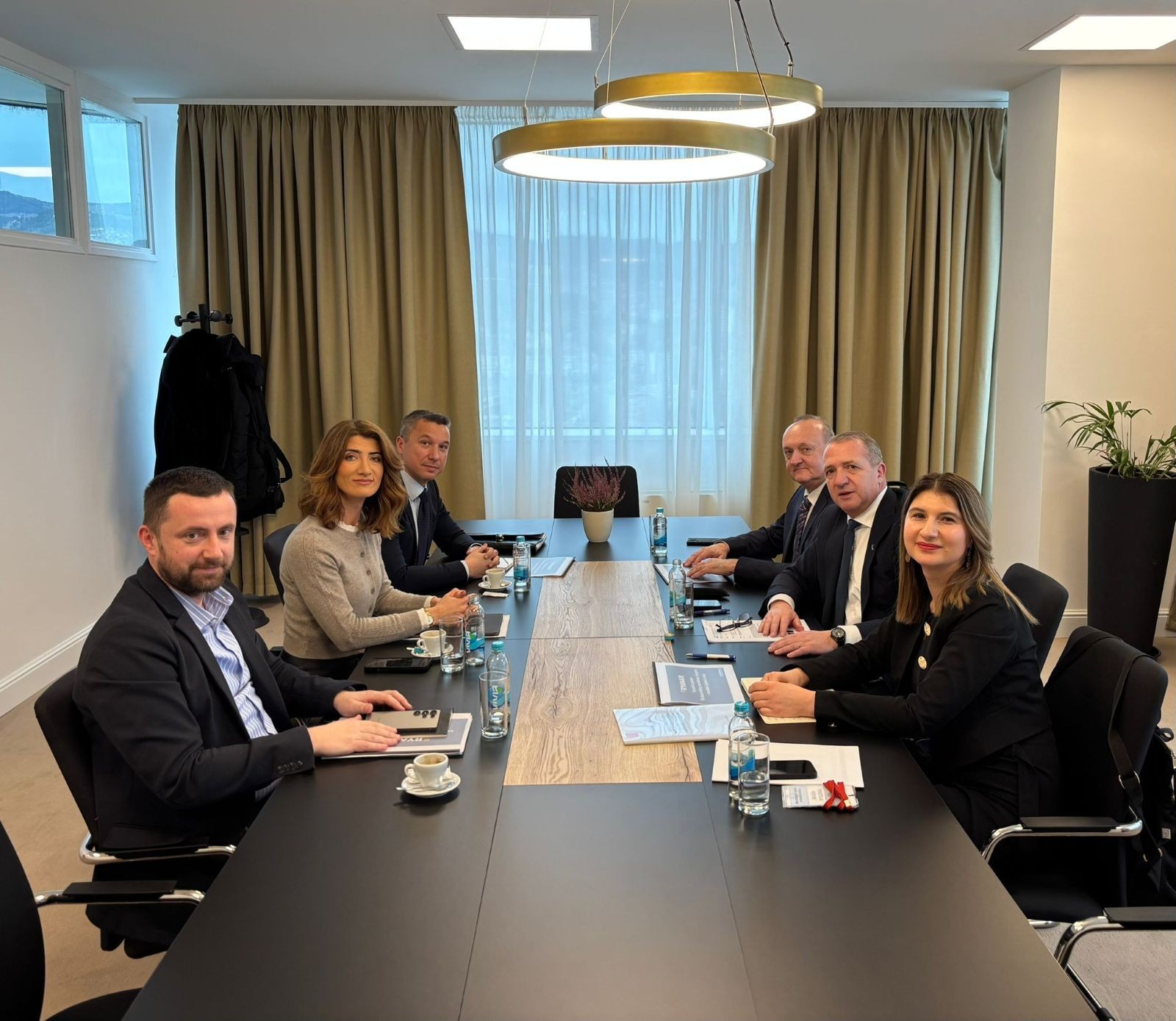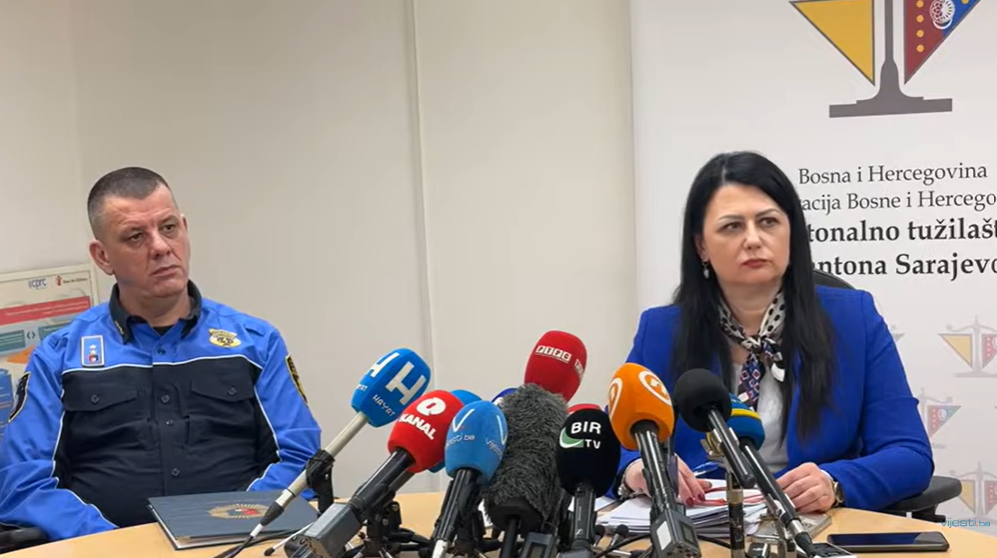One year after Russia’s full-scale invasion of Ukraine, European unity in supporting Ukraine’s victory and Russia’s defeat will be increasingly tested. In the coming months the war will reach a decisive phase with large-scale offensives by both protagonists. While Russian forces will try to seize the entire Donbas region, Ukraine’s military is planning to expel the invaders and set the stage for the recapture of Crimea. Major ground battles loom on the horizon.
Despite displays of support for Ukraine and the provision of military aid, Europe remains divided in its longer-term strategy toward Russia. Without determined US leadership, an unprepared EU and a weakened NATO would have already succumbed to Moscow’s pressure. Europe alone would have been unable to supply Ukraine with critical weaponry while pushing Kyiv toward a peace deal and the surrender of some of its territory.
During the first year of war, three contrasting approaches have emerged among European states – offensive, defensive, and submissive. All three positions impact on the military assistance given to Ukraine, the extent of economic sanctions imposed on Russia, the posture toward negotiations between Kyiv and Moscow, and perceptions about Europe’s future relations with Russia.
Countries that have directly experienced Russian imperialism and war crimes in their recent history have urged a more offensive policy from the outset of the war. Poland, Estonia, Latvia, Lithuania, Czechia, Slovakia, Finland, and Romania have supplied large stocks of military equipment to Ukraine, pushed for more effective weapons from their western allies, urged tough financial and economic sanctions on Moscow, and campaigned to exclude Russia from international institutions. They are often supported by the United Kingdom, most Scandinavian countries, and by several NATO members in the Western Balkans.
The position of these front-line states is based on hard realism about Kremlin ambitions and the conviction that only a complete defeat of Russia’s military and its expulsion from all Ukrainian territory can ensure durable security for the country. They also seek to uphold comprehensive sanctions on Moscow until reparations are paid for Ukraine’s destruction and a war crimes tribunal is established for Russia’s political and military leaders. They believe that any compromise with the Kremlin would violate the principles of state sovereignty and embolden other countries such as China to launch attacks on weaker neighbors.
In stark contrast, a second group of European states are largely defensive and seek to restore most of the pre-war arrangements with Russia. They are led by Germany, France, Italy, and several smaller western and southern European countries who have grudgingly supplied military equipment to Ukraine. They argue that a complete military victory over Putin’s Russia is impossible and that a negotiated settlement is the only solution even if it means that Ukraine has to surrender some of its territory or defer their return pending talks with Moscow. In this vein, French President Macron has warned that Russia should not be “humiliated” in the war, indicating that he favors Moscow retaining some of its conquests.
The defenders of a revived status quo with Russia, such as Berlin, Paris, and Rome, also seek to restore business and trade relations with Russia. Some officials believe that by easing sanctions Moscow will be encouraged to freeze the war and back a peace agreement. However, any offers of security guarantees for Ukraine by German and French leaders if Kyiv starts peace talks with Russia lack credibility, as both states are powerless without the US and NATO.
A third group of European states can be defined as submissive and often act as advocates for the Kremlin’s position. They are led by Serbia and Hungary, but sometimes include Austria and Bulgaria. For Serbia, Russia is viewed as its main advocate in opposing the independence of Kosova and supporting the expansion of Serbian dominance in the Western Balkans. In his messaging to the West, President Aleksandar Vučić claims that Belgrade is trying to free itself from Russia’s influence, while in reality he depends on Moscow to promote his politically expansionist agenda.
For Budapest, Moscow is perceived as an ally in its struggle with Brussels over Hungary’s democratic reversals. Prime Minister Victor Orban persistently reduces EU sanctions packages by excluding Russian oligarchs linked with Hungary and Russia’s nuclear industry with which the government has pledged to build new nuclear reactors despite EU opposition.
Austria and Bulgaria have key politicians tied to Moscow whether through financial or political networks. In particular, Bulgarian President Rumen Radev refuses to accept that Russia is the aggressor in Ukraine and has opposed military assistance to Kyiv. Frequent Bulgarian elections and the replacement of weak governments has favored Radev and other Russophile politicians. The remainder of the European states are either neutral, defer to their larger neighbors, or remain flexible in their responses to the war in Ukraine.
As during the 20th century, Washington has taken the key role in confronting an imperial power that challenges the independence of European states. It has forged sufficient consensus to ensure Ukraine’s defense and protect Europe’s security. Without America’s political leadership, military provisions, and economic capabilities, the fractures in Europe’s responses to Russia’s aggression would deepen. In particular, if there is no clear resolution in the war by the summer, Berlin and Paris will amplify their calls for peace deals and Ukrainian concessions. And without US support for Ukraine’s full territorial restoration as the primary condition for any peace deal, NATO’s front-line states would find themselves increasingly isolated and exposed to Kremlin pressures.
Russia’s attack on Ukraine has underscored three constant certainties: that the US remains the anchor of trans-Atlantic security, that NATO unity is essential in defending the continent, and that the concept of Europe’s “strategic autonomy” is a Franco-German delusion that emboldens Russia to expand its empire. As the war enters a decisive phase, 2023 will be the most important test for European unity since the end of the Cold War.
Janusz Bugajski is a Senior Fellow at the Jamestown Foundation in Washington DC. His new book is Failed State: A Guide to Russia’s Rupture.

